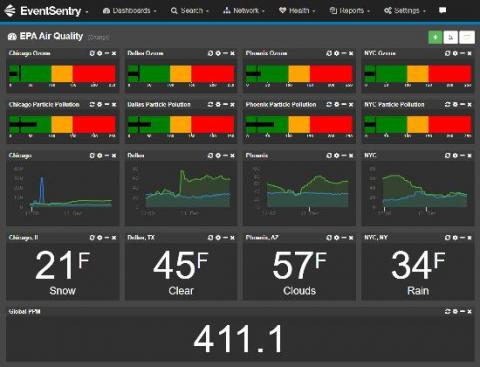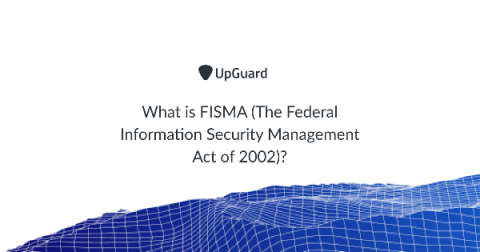It's All About the Baselines: Security Edition
I am all about the baselines. I’ve made an entire career out of them. But if you were to ask a random person on the street what that means, the reaction would be: “Who the heck are you, and why are you asking me random weird questions.” So it would be better if you found someone in the tech industry at least.










